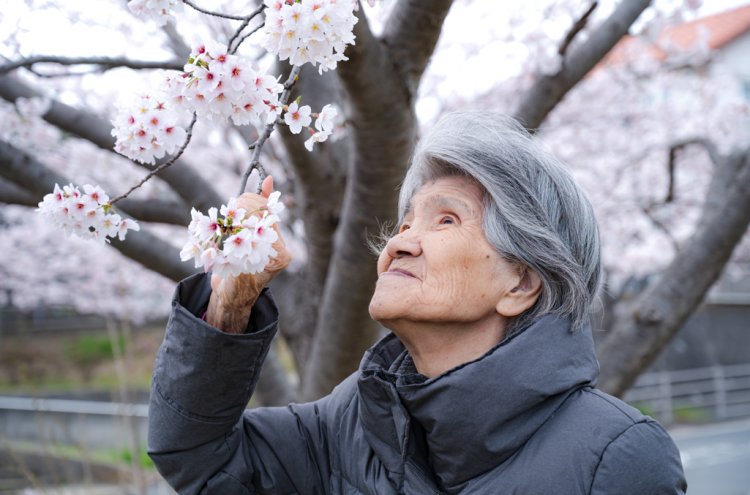Exploring the Blue Zone Diet: A Lifestyle for Longevity
In a world inundated with diet trends promising quick fixes and instant results, the Blue Zone Diet emerges as a beacon of sustainable health and longevity. Named after the geographical regions where people live remarkably long and healthy lives, this dietary approach encompasses more than just food—it embodies a way of life conducive to vitality and well-being well into old age.

Understanding Blue Zones
Blue Zones are specific regions across the globe where individuals experience exceptional longevity and overall well-being. Identified by National Geographic Fellow and author Dan Buettner, these regions include Ikaria (Greece), Okinawa (Japan), Ogliastra Region (Sardinia, Italy), Nicoya Peninsula (Costa Rica), and Loma Linda (California, USA).
Key Principles of the Blue Zone Diet
Plant-Centered Nutrition
At the core of the Blue Zone Diet lies a predominantly plant-based eating pattern. Vegetables, fruits, whole grains, legumes, and nuts take center stage, providing a rich array of vitamins, minerals, fiber, and antioxidants crucial for optimal health.
Moderate Protein Consumption
While not strictly vegetarian, the Blue Zone Diet advocates for moderation in protein intake. Plant-based sources like beans, lentils, and tofu are favored, with occasional inclusion of fish, especially varieties rich in omega-3 fatty acids.
Healthy Fats
Healthy fats, such as those found in olive oil, avocados, and nuts, constitute an essential component of the Blue Zone Diet. These fats confer numerous cardiovascular benefits and contribute to feelings of satiety and satisfaction.
Limited Animal Products
Red and processed meats are limited in the Blue Zone Diet, with leaner sources of protein like poultry and eggs being preferred options. By reducing reliance on animal products, followers of this diet may lower their risk of chronic diseases associated with excessive meat consumption.
Mindful Eating Practices
The Blue Zone Diet emphasizes mindful eating, encouraging individuals to savor each meal, eat slowly, and listen to their body's hunger and fullness cues. By fostering a deeper connection with food, this approach promotes healthier eating habits and prevents overindulgence.
Social Engagement
In addition to dietary choices, the Blue Zone lifestyle underscores the importance of social connections and community engagement. Regular interactions with family, friends, and neighbors, coupled with shared meals and communal activities, contribute to overall well-being and longevity.
Benefits of the Blue Zone Diet
Enhanced Longevity
One of the most compelling benefits of the Blue Zone Diet is its association with longevity. Individuals adhering to this dietary pattern often enjoy longer and healthier lives, characterized by a lower prevalence of age-related diseases.
Improved Heart Health
By prioritizing plant-based foods and healthy fats, the Blue Zone Diet promotes cardiovascular health. Lower blood pressure, improved cholesterol levels, and reduced risk of heart disease are among the notable benefits observed in adherents of this diet.
Weight Management
While weight loss is not the primary focus of the Blue Zone Diet, many individuals naturally achieve and maintain a healthy weight due to the emphasis on nutrient-dense, whole foods and mindful eating practices.
Enhanced Mental Well-being
The social connections fostered by the Blue Zone lifestyle have profound effects on mental health and overall well-being. Reduced stress levels, increased happiness, and a sense of belonging contribute to a more fulfilling and enriching life experience.
In conclusion, The Blue Zone Diet offers a comprehensive approach to health and longevity, encompassing dietary choices, mindful eating practices, and social engagement. By embracing the principles of this lifestyle—such as consuming predominantly plant-based foods, moderating protein intake, and nurturing social connections—individuals can cultivate a healthier, happier, and more fulfilling life, with the potential to extend their years of vitality well into old age.
#BlueZoneDiet #Longevity #HealthyAging #PlantBasedNutrition #MindfulEating #HeartHealth #SocialConnections #HealthyLifestyle #Wellness #NutritionTips #HealthyLiving #DietaryPatterns #LongevityLifestyle #HealthAndWellness #HealthyChoices #Vitality #Wellbeing #HealthyEating #NutrientRich #HolisticHealth #HealthyHabits
Disclaimer:
The information provided in this article is for educational purposes only and should not be considered medical advice. If you have any health concerns or are experiencing symptoms, it is important to consult with a healthcare professional, such as a doctor or clinic, for proper diagnosis and treatment. Always seek the advice of your doctor or other qualified health provider with any questions you may have regarding a medical condition. Do not disregard professional medical advice or delay in seeking it because of something you have read in this article.
What's Your Reaction?





















